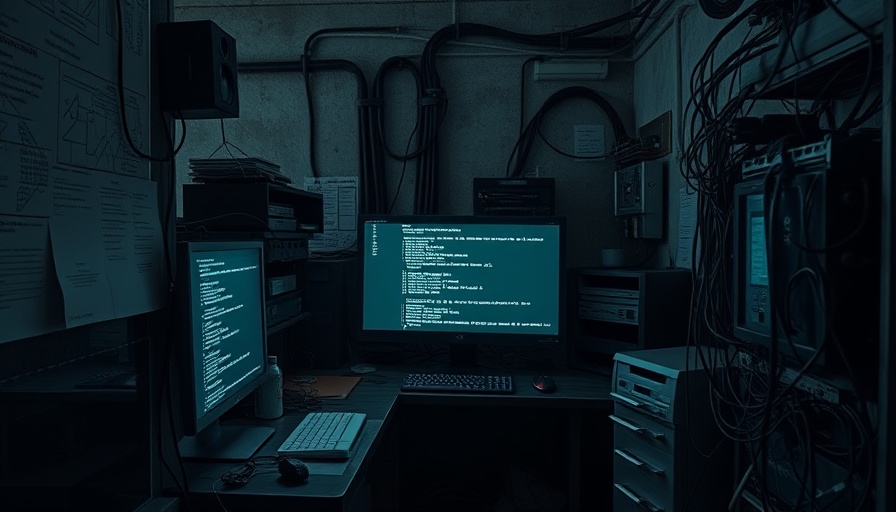
Understanding Kimsuky's Recent Exploit
Recent findings highlight a concerning trend in cyber threats, particularly related to North Korean state-sponsored hackers, Kimsuky. This group has recently utilized the BlueKeep vulnerability, officially known as CVE-2019-0708, to breach systems primarily in South Korea and Japan. Kimsuky has targeted sectors such as software, energy, and financial services since October 2023, raising alarms about the potential risks to organizations globally.
The Threat Behind BlueKeep
BlueKeep is a critical flaw within Microsoft Remote Desktop Services, with a CVSS score of 9.8, indicating its severity. Although Microsoft patched this vulnerability back in May 2019, its continued exploitation underscores a persistent issue in cybersecurity: the importance of timely updates and patches. Attackers can remotely execute code, install programs, and possibly gain full administrative access without user interaction, making the flaw particularly dangerous.
Phishing Tactics and Malware Deployment
In addition to exploiting the BlueKeep vulnerability, Kimsuky deployed phishing tactics that leverage another vulnerability (CVE-2017-11882) found in Equation Editor. The attackers send emails containing malicious files designed to compromise systems further. Once they gain entry, they install malware such as MySpy and other tools to change settings for continued access. Keyloggers like KimaLogger and RandomQuery are also employed to capture sensitive user input.
A Broader Threat Landscape
Kimsuky’s activities are not limited to South Korea and Japan. The group has engaged in cyber operations across the globe, including targeting enterprises in the U.S., Germany, and even South Africa. This illustrates the expansive reach of state-sponsored cyber espionage, often aiming to gather intelligence or disrupt critical infrastructure.
The ongoing sophistication of attacks emphasizes the need for organizations to adopt comprehensive cybersecurity strategies. Regular updates, staff training on phishing, and infrastructure hardening can mitigate risks from adversaries like Kimsuky.



Write A Comment